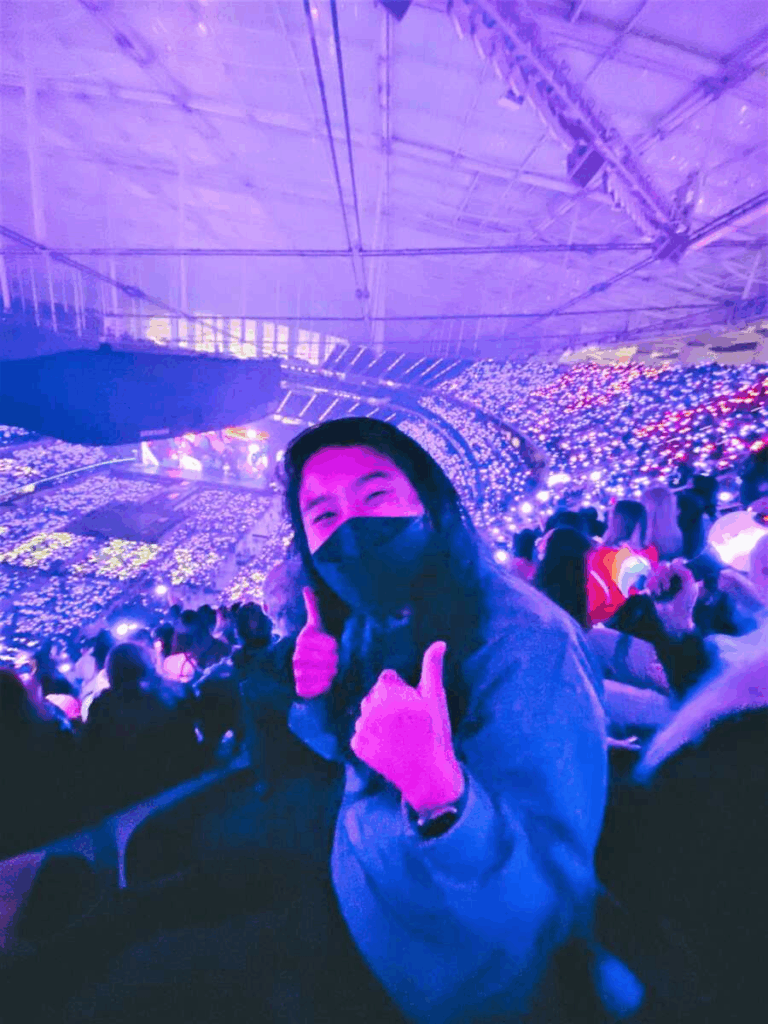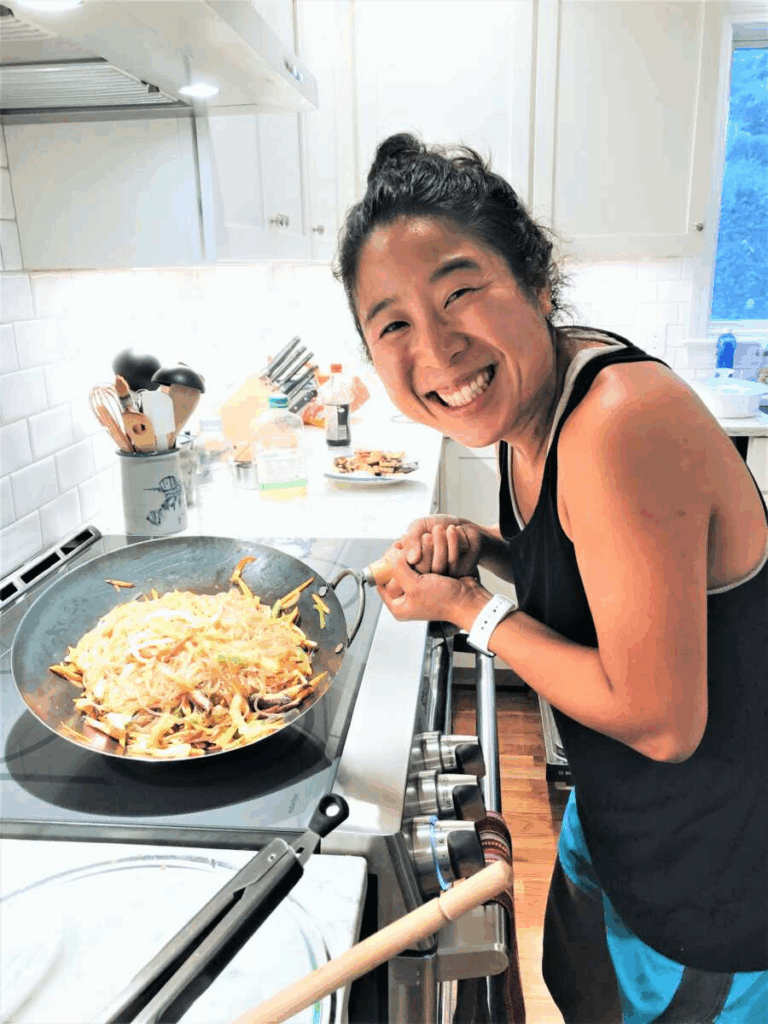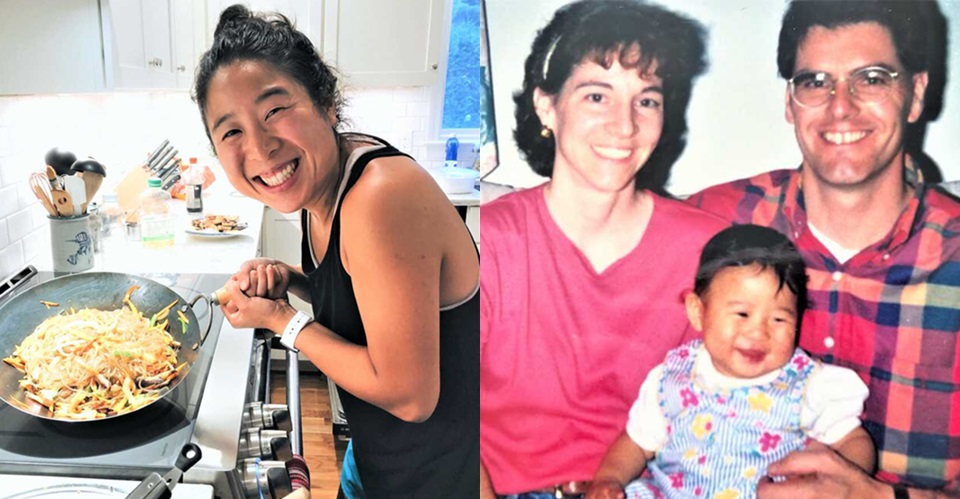She pressed play on a song and, little by little, learned to press play on herself. About a year ago, she pressed play on her first BTS song. She was supposed to be in Atlanta singing along in a stadium. She loves them for the layered lyrics and how their choreography defies gravity. They were the biggest group on the planet for many reasons, but for her, they’ve become something more: a doorway back to herself.
She was adopted from South Korea at seven months old and raised in New Hampshire by white parents who did their best to keep Korean culture in her life. But school was hard. Kids made jokes about her eyes and tossed stereotypes around like confetti. However, nothing affected her as much for a while because of the supportive environment she grew up in.

She couldn’t change her face, so she tried to change everything. She leaned into being “as American as possible,” even underachieving in math to dodge a label. She laughed at fried rice jokes, sometimes making them first so they wouldn’t sting as much. She kept her distance when Korean international students arrived at her high school. She worried that being seen with them would mark her as “other,” and she wanted to blend in.
College didn’t shift the pattern. At a small, conservative Christian campus with few students who looked like her, people mixed her up with the two other Asian girls in her year, girls who didn’t resemble her at all. She swallowed the awkwardness and kept smiling. It felt easier to keep laughing along than to explain why it hurt. She often pondered whether people do not think twice before uttering hurtful words? Especially since culture and religion are sensitive topics, why would someone want to talk about them and judge others based on these?

After graduation, the questions she’d pushed aside came back. She admired Korean culture, but how could she carry pride openly, without shrinking or apologizing? Old habits lingered; sometimes she still laughed at jokes she didn’t think were funny to keep the peace. And yet there were these other parts of her that kept speaking up: a playlist full of BTS, a soft spot for Son Heung-min, K-dramas queued up, a real talent for math, a love for rice with everything, and that smile that turns into two bright crescents when she laughs.
BTS helped connect the dots. Their music discusses identity, pressure, shame, and the courage to grow. Listening to them, she felt less alone. Being a fan became an act of choosing herself. She started letting small truths show: telling friends about the concert she hoped to attend, trying recipes in a wok, letting the world see what she loves instead of what seems safest.

She’s not pretending the work is finished. There are days she still wants to blend in, days she catches herself cracking a joke to get ahead of someone else’s punchline. But there’s movement now—slow, steady, honest. She doesn’t want to hide the parts that make her who she is. She wants them front and center: the music, the food, the language, the humor, the pride. She wants to say “I’m Korean” with the same ease she says her own name.
She’s grateful for the progress, even if it’s not perfect. The concert in Atlanta didn’t happen this time, but the larger journey did: learning to belong to herself. BTS was the soundtrack, but the choice was hers, one small yes at a time. She now holds great pride in being Korean-American and she is glad to have experienced the life that is unique and truly to be grateful for!











